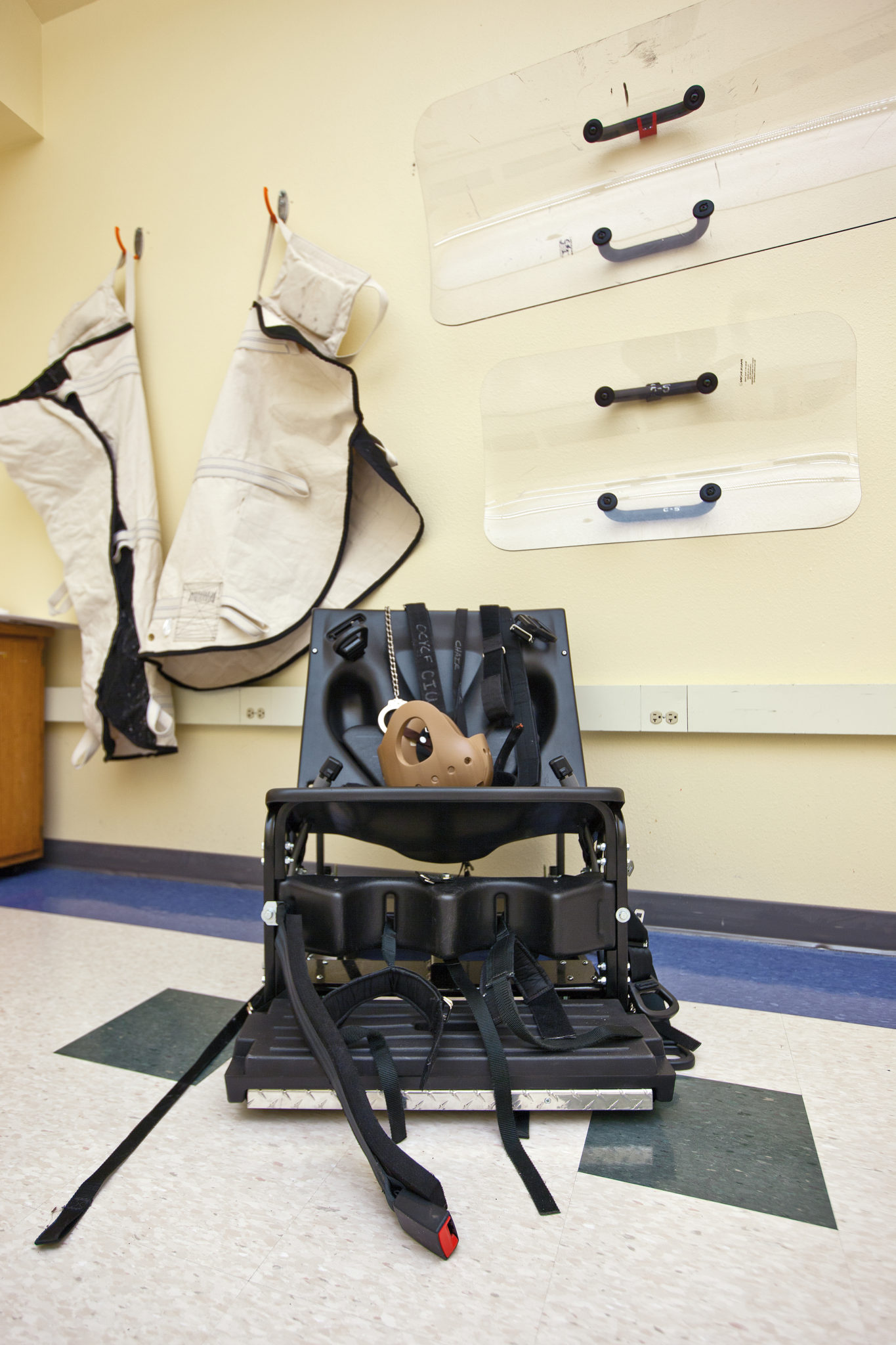Every day across the country thousands of people with mental disabilities are involuntarily confined in hospitals and other institutions. Behind locked doors, they are often medicated against their will, physically restrained, and locked in seclusion. In most states, the law allows even people who live in the community to be subjected to some form of involuntary care.
CPR opposes all forms of involuntary treatment. We seek to create alternatives such as voluntary community programs, advance directives, and supported decision-making so people can make their own decisions without coercion or pressure. In addition, CPR works to ensure that the legal processes that authorize involuntary interventions safeguard individual liberties.
